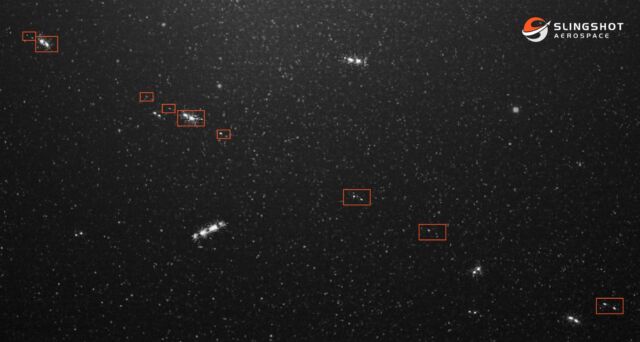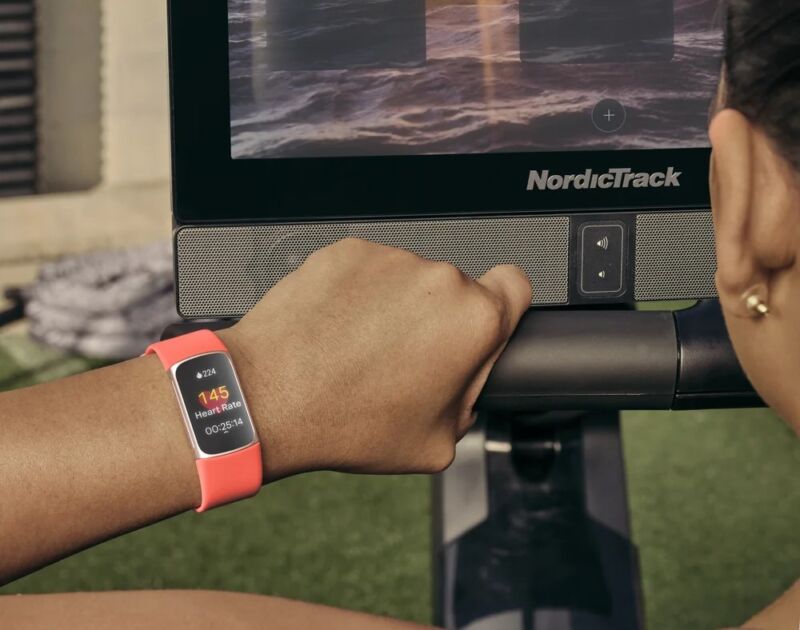Last November, President Joe Biden and Chinese President Xi Jinping agreed to resume military-to-military communications between each nation's armed forces, which were suspended in 2022. US and Chinese military leaders have met face-to-face several times this year, and Jake Sullivan, Biden's national security advisor, met with Xi and Chinese military leaders this week in Beijing. The meetings have focused on terrestrial concerns and operational matters, such as reducing the risk of miscalculations, or an accidental escalation or conflict between Chinese airplanes and ships and those from the United States and its allies.
Whiting said China has provided the US military with some information on the topic of space debris, but China should do more.
"Over the last year, we've seen a couple of times that they've given us a few notifications back, and I think that's positive," he said. "But we've also just seen the launch of their version of a [Internet] constellation that left 300-plus pieces of debris in orbit—a Long March 6A. Less than two years ago, they had another (Long March 6A) that I think put up another 500 pieces of long-lived debris."
The Long March 6A rocket that spread debris in orbit this month broke apart at an altitude of approximately 500 miles (800 kilometers). At this altitude, it will take decades or centuries for the wispy effect of aerodynamic drag to pull the debris back into the atmosphere. As the objects drift lower, their orbits will cross paths with SpaceX's Starlink Internet satellites, the International Space Station and other crew spacecraft, and thousands more pieces of orbital debris, putting commercial and government satellites at risk of collision.
The medium-class Long March 6A rocket has launched seven times since debuting in March 2022. Nearly every mission of the Long March 6A has left behind at least a small cloud of debris in orbit. The two most significant debris-generating events were following a launch in November 2022 and the breakup of the upper stage this month.
"In our tenets of responsible behavior, three things would apply here," Whiting said. "No. 1, that we all should operate with due regard and in a professional manner. No. 2, that we should limit the amount of long-lived debris that we have. And No. 3, that we communicate and promote safety with other actors in the domain."

US launch companies typically either reserve enough propellant on their upper stages to remove them from orbit after they deploy their payloads, or vent their tanks and drain their batteries to reduce any explosive hazards if the rockets will remain adrift in space. Russian rockets also do this.
But China has a track record of leaving behind a lot of space junk. LeoLabs says there are nearly 1,000 abandoned rocket bodies in low-Earth orbit, with an average mass of 1.5 metric tons.
"That number continues to grow, posing a significant risk to the space environment," LeoLabs said in a statement. "While Russia and the US have improved their 'rocket body abandonment behavior' over the last 20 years, the relative contribution by other countries has grown by a factor of five and China by 50x.
"The rate that China is leaving abandoned rocket bodies in orbit reverses the improved behavior of US and Russia and results in a continual accumulation of objects that will be especially prolific in creating fragments if involved in a collision," LeoLabs engineers wrote in a paper last year.
LeoLabs researchers found the total mass of all rocket hardware in low-Earth orbit (LEO) is currently nearly 1,500 metric tons. "Sadly, the rate of rocket body mass abandonment in LEO has actually increased in the last 20 years relative to the first (approximately) 45 years of the space age."











Comments